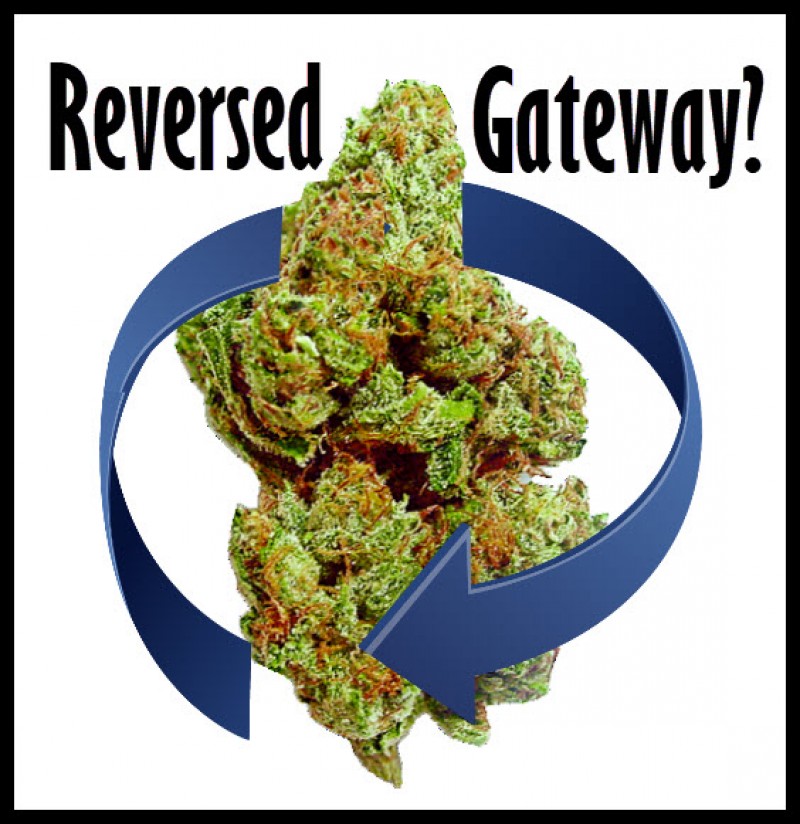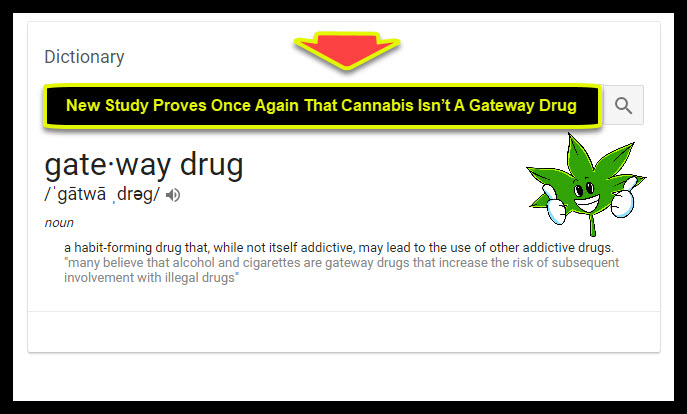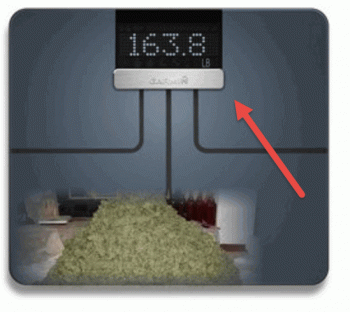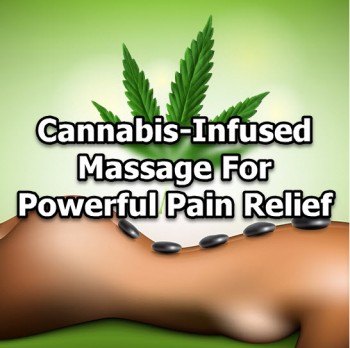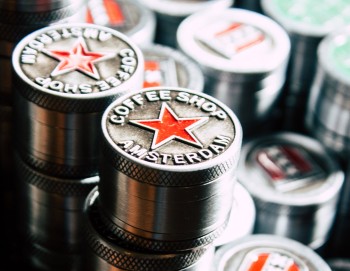Cannabis and the Reversed Gateway Effect (New Study)
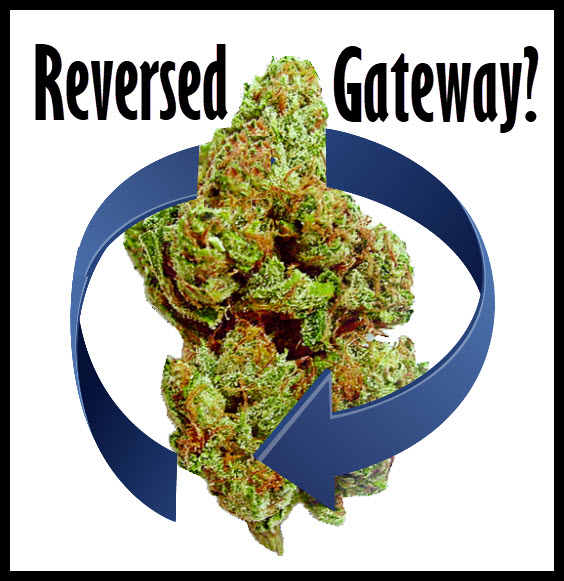
For decades we have been lead to believe that cannabis is a Gateway Drug. For those unfamiliar with the terminology, the Gateway Theory is the assumption that as a user builds up a tolerance to a particular substance – their natural inclination will be to increase the dose of the drug to experience the same “high” as before.
Throughout the past few decades there have been plenty of “studies” that suggested this theory to be true, at least – this is what the government wanted you to believe. In reality – the gateway theory has plenty of logical holes in it that it’s not considered an accurate assessment.
This doesn’t mean that the idea is powerless. As of 2019 – the Democratic Presidential Nominee Joe Biden – still believed that cannabis was a gateway. Of course – now he’s rolled back that opinion and probably hates me for reminding people that he stood for that policy at one time.
But we can’t entirely blame Joe for that – to be fair, the government has been propagating this idea for decades and considering that “Tough on Crime Joe Biden” is a career federalist – one cannot expect him to question the official narrative. He dances to the tune the machine is playing and since the machine no longer is playing the “cannabis is bad” tune – he’s changing his.
Irrespective of the personal belief of presidential candidates – the gateway theory has been seared into the minds of people 30-years and older.
Lately though – researchers are singing a completely different song. They have found evidence to suggest that cannabis may be an “Exit Drug” or has a “Reverse Gateway Effect”.
What is a Reversed Gateway?
If the gateway theory suggests that when one builds up tolerance to the high of a particular drug – you’ll want to progress to more harmful drugs – the reverse of that would mean that you’ll be transitioning away from harder drugs.
For many cannabis users – including myself – this holds true. However – researchers published research in PLOS ONE – a peer reviewed journal – entitled, “Something that actually works”: Cannabis use among young people in the context of street entrenchment” – READ IT HERE
What they found when observing the drug consumption habits of at troubled youths who lived on the streets of Vancouver was that cannabis helped them transition off harder drugs such as fentanyl, heroin, and meth.
The vast majority of study participants engaged in daily, intensive cannabis use at the same time as they cycled on and off other substances that were perceived as much more harmful (primarily alcohol, fentanyl, heroin and meth). While most participants derived significant pleasure from the use of cannabis, no participants in our study described using cannabis for purely recreational purposes. A number of participants explicitly framed cannabis as a form of mental health and substance use treatment that was more effective and “healthier” than the long-term use of psychopharmaceuticals and medication-assisted substance use treatment (e.g., opioid agonist therapies). Cannabis use was also understood to ameliorate some of the harms of, or even facilitate transitions out of, periods of street-based homelessness. While the majority of our participants highlighted the positive effects of regular cannabis consumption, some described how intensive cannabis use could generate significant harms.
Why Framing Matters
For decades – some of the only studies that the US government approved were specifically geared towards finding potential harms of the substance.
For the United States the notion of a “Drug Free Society” was seared into the minds of everyone. Thus, any information that framed cannabis in a positive light was discarded. However – nowadays cannabis is no longer being framed under the scrutiny of unattainable objectives.
By utilizing danger-profiles of drugs and seeing that cannabis – which is on the spectrum of the least dangerous street drugs – can help users stop using harder drugs benefits the legalization movement.
You see – cannabis is neither good nor bad. It simply is a plant and it is us who creates these modifications to its use.
Framing is the important factor when it comes to any study. While scientists would like to project an image of impartiality – in a vast majority of the studies published – some bias filters through the scientific protocols.
Of course – this doesn’t mean that we can’t rely on these studies, it simply means that we need to place ourselves in the right frame to understand where these studies come from.
Why Legalization is now a Public Health Issue
I’m not saying that cannabis “will” curve the opioid epidemic or stop people from taking street drugs – let’s not be naïve.
But for me, and millions like me – cannabis became the drug of choice. I personally see it far more than a simple “drug” – but if that is what you’d like to call it so be it. The point is that I hardly drink alcohol anymore, or smoke cigarettes, or other drugs since I started smoking weed.
While I can say this – I also tried a bunch of different drugs and if I were a prohibitionist – that would be evidence of the “Gateway theory” happening despite me simply being curious about other psychedelic experiences.
Perhaps cannabis does not take you forward or backwards – perhaps it’s never been cannabis and our own innate desires to get high that has driven our drug consumption habits. What do you think?
IS MARIJUANA A GATEWAY DRUG, READ MORE....
CANNABIS AS A GATEWAY DRUG? STUDY SAYS NOT SO FAST, READ MORE.
